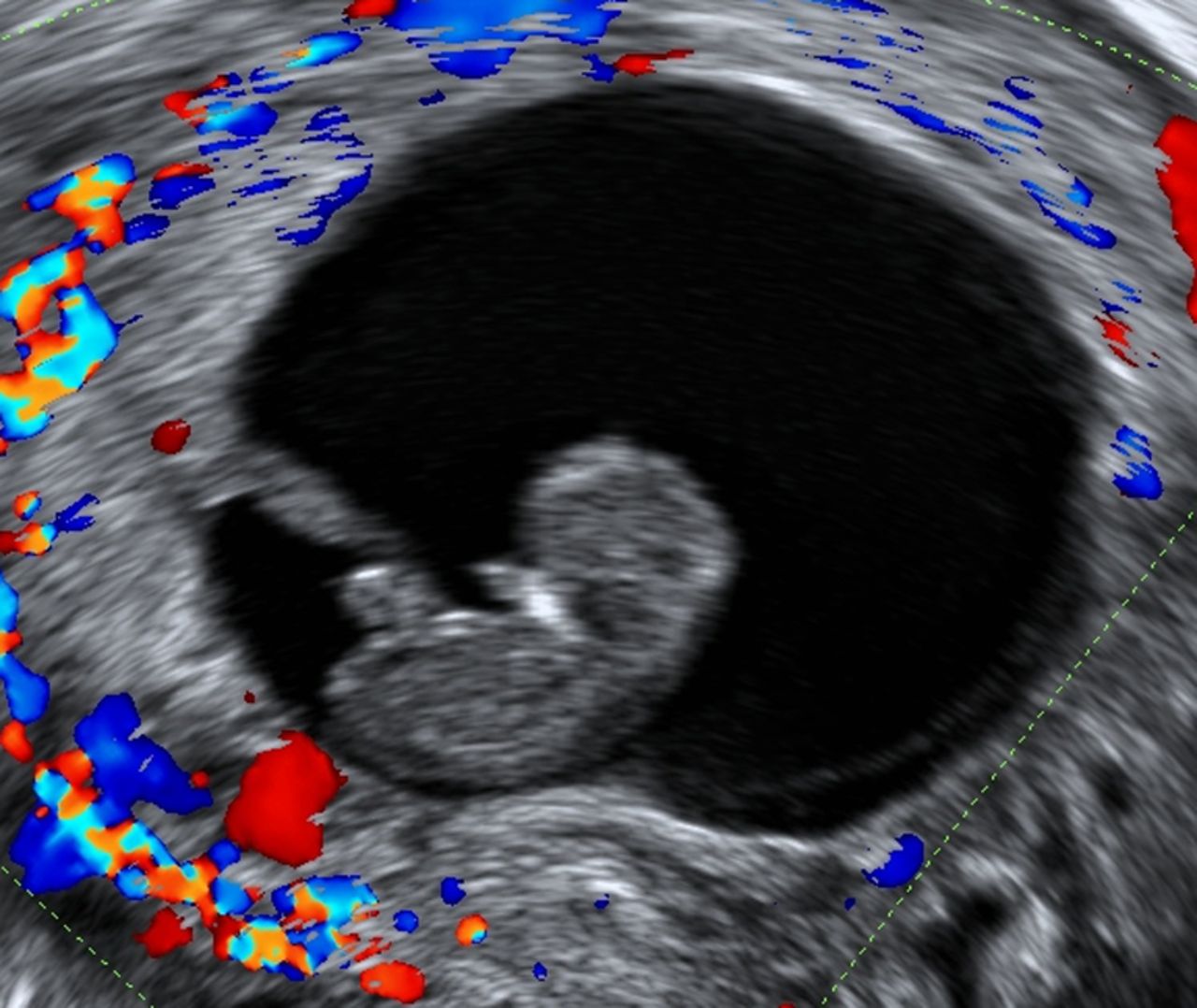Most early miscarriages happen because of chromosomal abnormalities in the embryo that prevent normal development. Other risk factors include increasing maternal age, certain medical conditions such as poorly controlled diabetes or thyroid disorders, and lifestyle factors like smoking, heavy alcohol consumption, or obesity. It is important to know that stress and sexual activity are not linked to miscarriage risk.
Early miscarriage is relatively common, affecting about 10–20% of known pregnancies. The likelihood increases with maternal age, particularly for women over the age of 40.
Common symptoms include vaginal bleeding or spotting, abdominal or back pain, and passing tissue or clots. However, some miscarriages occur without any noticeable symptoms and are only detected during scans.
You should seek immediate medical attention if you experience severe abdominal pain, heavy vaginal bleeding, shoulder pain, dizziness, or fainting. These may be signs of an ectopic pregnancy or other serious complications.
There are three main approaches to managing a miscarriage. Expectant management allows the process to happen naturally and is successful in about half of cases, with bleeding lasting up to three weeks. Medical management uses medications such as misoprostol, sometimes combined with mifepristone, to speed up the process and is effective in most cases. Surgical management, known as ERPC, involves a minor procedure under anaesthesia to remove pregnancy tissue from the uterus and is highly effective, though it carries small risks such as infection, bleeding, or uterine injury.
If you have experienced three or more miscarriages, your doctor may recommend further investigations to find an underlying cause. Sometimes pregnancy tissue is tested for chromosomal abnormalities to provide more information.
A miscarriage can be emotionally overwhelming. Our dedicated counselling team is here to offer a safe space to share your feelings, work through grief, and help you move forward. You can call the clinic to arrange a session at any time.
Most women who experience an early miscarriage go on to have healthy pregnancies in the future. It is generally advised to wait until after your next menstrual cycle before trying to conceive again, but your doctor will guide you based on your personal circumstances.

Sed ut perspiciatis unde omnis iste natus error sit voluptatem
Book a private session with our fertility experts or psychologists. We’ll listen, understand your needs, and help you take the first step toward care that’s truly tailored to you.
We offer advanced fertility and psychological assessments to better understand your reproductive or emotional health- laying the groundwork for a plan that fits you.
Based on your needs, we design a plan that’s medically sound, emotionally supportive, and completely customized- whether you’re pursuing treatment, therapy, or both.
With expert care and a compassionate team by your side, you’ll begin a journey that supports your body, your mind, and your future- every step of the way.
Our assisted reproduction services offer advanced fertility solutions like IVF and IUI, tailored to your unique needs. With expert care and cutting-edge technology, we help you take confident steps toward parenthood.



